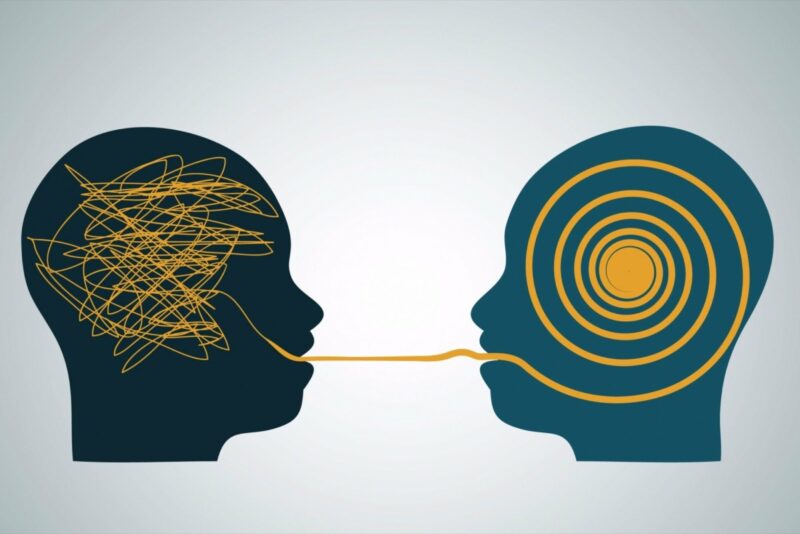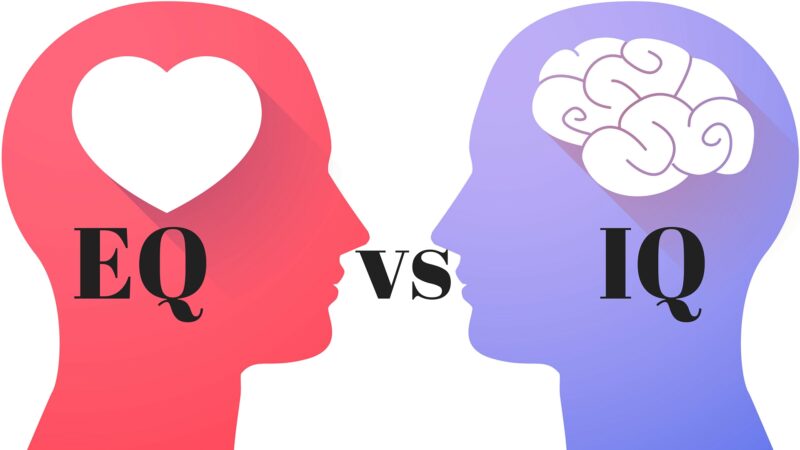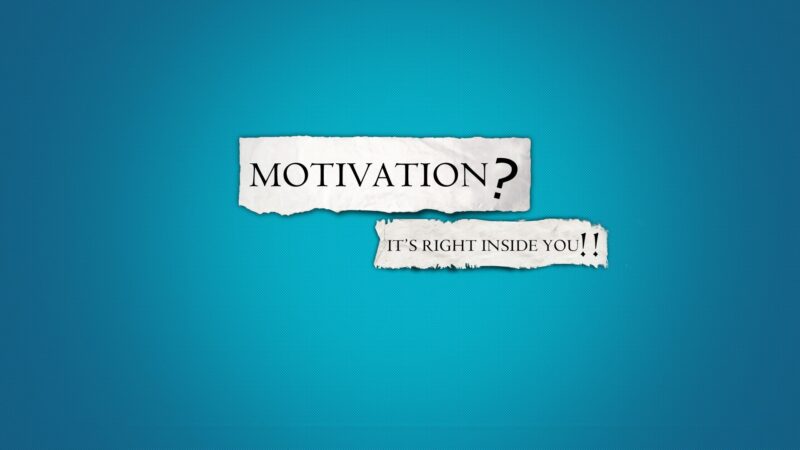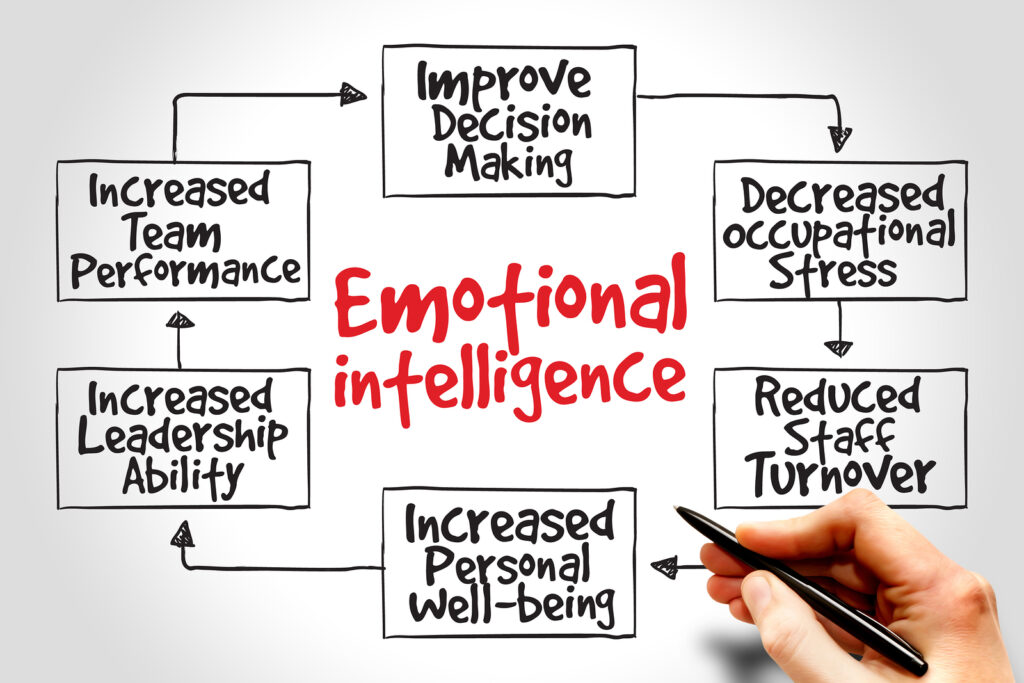What is Emotional Intelligence? Why is it important?
Emotional Intelligence is the ability to regulate one’s emotions and understand the emotions of others. It is widely recognized as a valuable skill set that improves communication, management, problem-solving, and relationships in your life, no matter where you are at. It can also help you to connect with your feelings, turn your intention into action, and make informed decisions about what matters most to you.
Emotional Intelligence do not just come with a snap of your fingers. Despite this, research has proven that Emotional Intelligence can be improved with training and practice.
Afterall, nothing is impossible, right?
In our daily lives, countless people use empathy and understanding to handle social interactions at work. For instance, in an office meeting, when one person speaks, others listen. This happens spontaneously and such behaviors are examples of Emotional Intelligence in the workplace.
What are the signs of high Emotional Intelligence?

Not everyone is born with it, but unlike IQ, Emotional Intelligence can be acquired and improved with training and practice.
How do we easily identify if a person has Emotional Intelligence?
Here are 5 signs of people with high Emotional Intelligence – these are qualities that are easy to assess in daily situations.
#1 High Emotional Intelligence people handle criticism without denial, blame, excuses, or anxiety

One of the hallmarks of a high Emotional Intelligence individual would be self-awareness. Self-awareness is a deep understanding of what makes a person tick; what angers them, what makes them happy, what bores them, and what interests them. It could also mean they can appraise themselves, faults, and all, with great honesty and clarity.
So, when an individual with high Emotional Intelligence makes a mistake and gets criticized, they do not get into an emotional tailspin – it is simply a fact to be noted, analyzed, and corrected.
Not everyone with high Emotional Intelligence reacts to criticism the same way.
There are individuals who deal with it more empathically and they seek to understand. Whereas others handle criticism more like a process engineer looking to root-cause a product defect, systematically dissecting every step leading up to the thing they just got criticized for.
Regardless of the exact nature of an individual’s reaction, people with high Emotional Intelligence do not deny it, blame others, make excuses, or melt into a pool of anxiety.
#2 High Emotional Intelligence people are open-minded

They listen to situations without reacting to judgement. These people do not automatically dismiss ideas right away just because they are different from their own. This in turn, makes them a popular go-to person when someone has trouble, issues, challenges, or a need for a sympathetic listening ear. You do not really find them chit-chatting or tolerating negative personalities daily, but they do have a knack for helping people quickly set things right when they are in a bad situation.
#3 High Emotional Intelligence people are good listeners

As mentioned above, people approach these high Emotional Intelligence people for a sympathetic listening ear.
Great listening requires a developed listening structure that separates the facts from interpretations, reactions, and ends. People with high Emotional Intelligence can easily identify the emotions that shut down their ability to listen. They have worked at developing the ability to divorce themselves from those emotions so they can remain open and able to hear what is really being said to them.
#4 High Emotional Intelligence people do not sugarcoat the truth

Individuals with high Emotional Intelligence recognizes emotions in other people, but they do not shy away from speaking the truth or using soften the blow of a tough feedback if need be. They know the importance of how tough messages need to be heard.
They will not be blunt to shut down a conversation, but you can hear a clear message that sounds something like, “I’ve got a tough message to deliver. There’s no getting around it, but I want you to understand that I’m doing this out of concern for your well-being. If you do not fix this, your career here is in jeopardy.”
Does this sound like someone you might know?
#5 High Emotional Intelligence people knows how to apologize when they are in the wrong

High Emotional Intelligence people do not invest their valuable time to prove they are right when they are aware they are in the wrong. Instead of looking for excuses, they simply offer an honest apology that lets them get right back on track. It may sound something like, “I’m sorry I messed up and chose some bad words that sounded like I was attacking you. This is not what I intended. Can we try again?”
There are many possible indicators to identify if someone has a high Emotional Intelligence. But the 5 signs mentioned above are a top few you can witness daily and can quickly help you assess whether the person in question does, or does not, have a high level of Emotional Intelligence.
A high Emotional Intelligence person is a Successful person

Your personal and work life can be greatly affected by your Emotional Intelligence. They are typically a melting pot of different personalities, skills, strengths, and emotions.
Emotional Intelligence is intricately melded into every decision and action within the workplace. An individual with high Emotional Intelligence will typically successfully navigate the workplace more effectively – building and driving successful teams to be agile and responsive as required. A high Emotional Intelligence individual is, therefore, a successful person.
Similarly, an individual with a lower level of Emotional Intelligence can be disastrous to the workplace. It can be seen as bullying, harassment, and demotivated staff. It can be presented as insensitive, arrogant, or even aggressive and volatile. Any individual with a lower level of Emotional Intelligence will be typically presented as inflexible and rigid – in short, a dangerous tack for any organization.
Does Emotional Intelligence matter more than IQ?

Having a high IQ guarantees no success. How successful a person can be in life is determined by both Emotional Intelligence and by IQ, though intellect works best when it is accompanied by a high Emotional Intelligence.
In the workplace, Emotional Intelligence tells us clearly which individuals will make the best leaders within the top management positions, whereas IQ tells us the level of cognitive complexity an individual can achieve and may to some degree, predetermine levels of academic achievements.
What about Emotional Intelligence and Motivation?

Emotional Intelligence in fact, matters for motivation which ultimately matters for success. Whether it is in relation to your work, your personal goals, or health, individuals with Emotional Intelligence understands the deeper meaning of their aspirations and the self-motivation skills required to achieve them.
Goleman (1995) had identified 4 elements that make up an individual’s motivation:
- The personal drive to improve
- The individual’s commitment to the goals set for themselves
- Their readiness to act on opportunities
- Their resilience
Motivation is the basic psychological process used to stimulate any individuals into action to achieve a desired outcome. It arouses, energizes, directs, and sustains behavior and performance. Intrinsic motivation comes from within and pushes an individual to their full potential. As previously mentioned, an individual with a high Emotional Intelligence not only has the skills for self-motivation, but also the skills required to motivate the people around them – which in a workplace, it is a useful talent to have especially in management positions.
How do you use Emotional Intelligence to deal with Stress?

Anyone of us deals with stress on stressful days – which is completely normal and manageable if you have the right skills at your disposal. The skills for Emotional Intelligence can help individuals deal with negative emotions and promote more positive emotions in its place. Failure to address and manage stress can easily lead to a further deterioration of anyone’s mental state and impact physical health in turn.
Emotional Intelligence allows an individual to effectively cope with stress. Furthermore, Emotional Intelligent people will also initially evaluate situations as less stressful.
The ability to effectively manage emotions and emotional information increases an individual’s ability to cope with a wide range of emotionally challenging scenarios.
Raise Your EQ With True Colors: The People Skills You Need To Propel You In Your Career
In the “Future of the Workplace” report published by World Economic Forum in the year 2016, it was predicted that one of the top ten soft skills to thrive in the year is Emotional Intelligence. Good people skills are one of the 4 key components of Emotional Intelligence. The ability to know yourself and see the strengths in others, helps you to gain greater collaboration and better manage conflicts with people.
When people like you, things get done much faster and better. With the use of True Colors Personality Profiling Tool©, you will learn simple yet powerful people communication strategies that will help you to identify the cues and the clues of people behavior and connect effectively with them to achieve collaboration.
Our self-paced e-learning course on raising your Emotional Intelligence allows you to realize just how important Emotional Intelligence is to propel you in life and at work, with the ability to recognize what drives you and the people around you to gain collaboration and results while building good relationships with simple and powerful profiling tool.
With our industry expert, Ms. Maxine Teo, you can gather more insights of the importance of Emotional Intelligence and how you can raise it, with a 4-hours self-paced e-learning course, or alternatively, you can have it as a quick Lunch and Learn session of up to 120 minutes awareness and talk on Emotional Intelligence.
Interested to know more? Find out here!
Want to know more about Aventis Learning Group?
If you are interested to find out more about us and how else we can help you with your training needs, you may check us out here on our website or drop us a message at training.aventis@gmail.com.
Learn Anytime, Anywhere. Choose from 200 Award Winning “LIVE” Stream Corporate Training courses.

